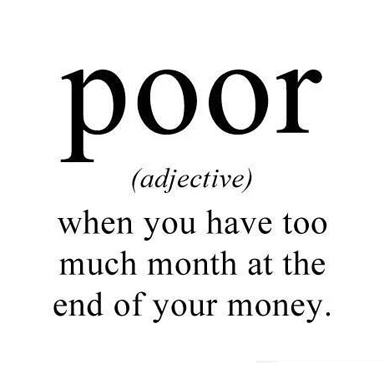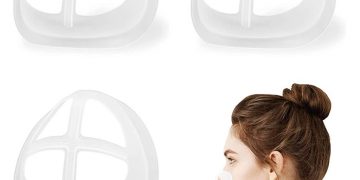I’m currently typing this post on the cheapest laptop I could find back in 2009. It was $449, and came with decent specs, the only thing I really sacrificed is my screen is only 14 inches, while the standard screen is 15 or 17 inches. It’s a good machine, it’s served me well over the years, even after I’ve filled it up all all sorts of junk and pictures of scantily clad ladies. Sorry about that, old girl.
Let’s take a look at what it would cost for me to replace this current laptop, since I’ll probably feel forced to do it at some point next year. I live up in cold, cold, Canada (so cold) so laptops are a little pricier up here. I just took 5 minutes and looked online, and I found a Lenovo laptop for $370. Future Shop (one of Canada’s leading electronics chains) will even ship it to me for free. That’s a decent price.
Meanwhile, you could buy the Apple MacBook Pro, which is the laptop all the kids seem to have these days. I’ve played on one for a few minutes, and don’t really get all the hype, but let’s just assume they’re awesome in every way. Buying one will make all of your non-sexual dreams come true. All the ladies (or fellas) will be so impressed. It’ll definitely be worth the $1200 price tag, and that’s just for the cheap one.
Wait, what?
You’re willing to pay more than triple the price for a perfectly functional laptop just so you can upgrade to a better brand name? But wait, you’ll argue, it’s totally worth it because the experience is 3 times better. Uh huh. And how exactly do you quantify that? Oh that’s right, you can’t, meaning arguing the point is moot.
But wait, there’s more. Ever bought a new car? You probably have, because you like throwing away money. Why not do what I do – buy a car that’s several years old with hardly any miles on it? (Shameless plug: go check out my car buying guide. You’ll learn something, I promise.) Sure, you might pay a couple of thousand bucks more in repairs as compared to a new one, but you’re not the one who has to pay the $10,000+ depreciation bill.
We scrimp and save and work so hard at getting ahead, and then we waste thousands of dollars because we feel we deserve something nice. What’s better for your finances – buying store brand macaroni and cheese all the time or saving $800 on a laptop? How about buying the cheap toilet paper or upgrading your perfectly functional iPhone? When it comes to your finances, the big wins are by far the most important.
What makes it even worse is that most people aren’t really in a position to pay for quality in the first place. If you have consumer debt, or student loan debt, then why are you buying the top of the line anything? Let’s do a little accounting:
Extra cost a MacBook compared to the cheap alternative – $800
Financing rate – 6% (because you could be using that extra money to pay down your debt)
Actual extra cost – $848 (assuming a 1 year payback)
Not only did you pay $800 for extra quality in our example, you also paid $48 extra to finance that extra quality. It’s compound interest, but working in reverse. And you don’t want to be on the other side of the compound interest equation.
I’m going to bold this next sentence, because it’s important. If you are sitting on any significant debt, you do not deserve the top of the line anything. You cannot afford it. In fact, I’d argue that you need to cut back on just about everything until you get your finances back on track. Debt is a financial emergency, it’s time to take emergency tactics.
I get it, you work hard. You’re busting your butt at work, and your boss probably even gets mad at you sometimes, so you deserve nice things. But, unless your last name is Gates, you do not have unlimited resources. You have to prioritize. You have to make the choice of whether you’d like nice things or a fully funded retirement account. Or what’s worth more – an iPad, or the extra $500 in your emergency fund. Is that vacation really worth the extra year of student loan payments?
Sometimes, getting ahead financially requires a little sacrifice. A reasonable step to take is to just buy the basic model of things you need, and use that extra cash to upgrade something where you can actually quantify how it’s worth the extra money. Sometimes, you just need something that’ll do the job.






















